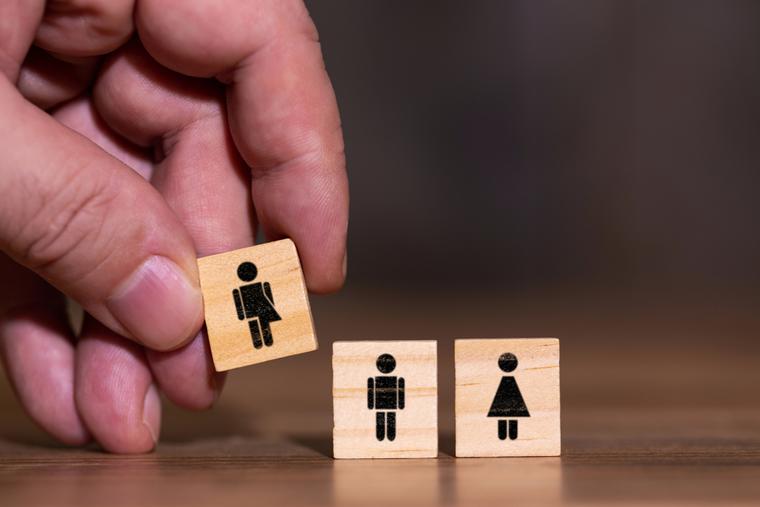Green Bay Diocese Issues Gender Identity Policy Consistent with Biological Sex
In recent years, the Catholic Church has been challenged by an ideological shift from LGBTQ advocates.

The Diocese of Green Bay has added a clause to its education policy manual that prohibits the use of pronouns and wearing clothes that do not align with a person’s biological sex.
With 54 Catholic schools in the diocese, this policy will apply to around 9,000 students. It will also affect 12,000 people who attend religious education classes. The punishment for violation of the policy, which took effect July 1, can range from corrective action to suspension or expulsion.
“The Church teaches that our identities as male and female are part of God’s good design in Creation, that our bodies and sexual identities are gifts from God, and that we should accept and care for our bodies as they were created,” the policy reads.
In recent years, the Catholic Church has been challenged by an ideological shift from LGBTQ advocates. The Diocese of Lansing adopted a similar policy in January 2021, requiring that its schools, parishes, and charities recognize persons by the biological sex with which they were born.
“Gender dysphoria is a real psychological condition which causes real human suffering that has to be met with genuine compassion, rooted in truth and love, and accompanied by the highest standards of pastoral care,” said Richard Budd, Director of the Office of Marriage and Family Life for the Diocese of Lansing.
Bishop Thomas Paprocki of Springfield in Illinois issued a pastoral guide regarding diocesan policies on gender identity in early 2020. He said that Catholics must support those struggling with gender dysphoria with “compassion,” but this does not mean compromising Catholic values.
“However, it must be clear that our schools and Church institutions (including sacramental records and school records) will refer to such persons with the gender pronouns, along with bathroom and locker room use and sports activities that acknowledge their God-given biology,” said Bishop Paprocki.
Gender dysphoria is defined by the American Psychiatric Association as “clinically significant distress or impairment related to a strong desire to be of another gender, which may include desire to change primary and/or secondary sex characteristics.” The Catholic response to this condition is not meant to be one of hatred for those struggling with their identity, but one of love and support.
The Congregation for Catholic Education in 2019 issued a sweeping denunciation of gender theory, and affirmed the principles of human dignity, difference, and complementarity. It said that “there is a need to reaffirm the metaphysical roots of sexual difference.”
The result of this ideological trend, according to the congregation's assessment, is an undermining of the family.
"[In gender theory] the only thing that matters in personal relationships is the affection between the individuals involved, irrespective of sexual difference or procreation which would be seen as irrelevant in the formation of families.”
- Keywords:
- gender dysphoria
- diocese of green bay














